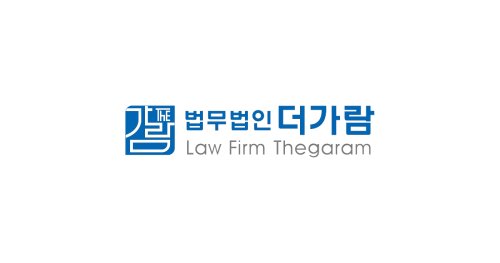Best Employer Lawyers in Seoul
Share your needs with us, get contacted by law firms.
Free. Takes 2 min.
List of the best lawyers in Seoul, South Korea
About Employer Law in Seoul, South Korea
Employer law in Seoul, South Korea governs the relationship between employers and employees in the workplace. It covers a wide range of issues such as hiring practices, wages, working hours, discrimination, harassment, termination, and more.
Why You May Need a Lawyer
You may need a lawyer in Seoul, South Korea for Employer-related issues such as wrongful termination, discrimination, wage disputes, contract negotiations, harassment, workplace safety violations, and more. A lawyer can provide legal advice, represent you in court, negotiate settlements, and ensure your rights are protected.
Local Laws Overview
Key aspects of local laws in Seoul, South Korea that are relevant to Employer include the Labor Standards Act, the Industrial Accident Compensation Insurance Act, the Equal Employment Opportunity Act, and the Occupational Safety and Health Act. These laws regulate various aspects of the employment relationship and provide protections for both employers and employees.
Frequently Asked Questions
1. Can my employer fire me without a valid reason?
No, under Korean labor law, an employer must have a valid reason to terminate an employee. If you believe you were wrongfully terminated, you may have legal recourse.
2. What are my rights as an employee in Seoul, South Korea?
Employees in Seoul, South Korea are entitled to various rights such as fair wages, safe working conditions, protection against discrimination and harassment, and more.
3. How can I report workplace harassment or discrimination?
If you experience workplace harassment or discrimination, you can report it to your employer, the Ministry of Employment and Labor, or seek legal help from a lawyer.
4. Can my employer change my working hours without my consent?
Employers in Seoul, South Korea generally cannot change an employee's working hours without their consent. If your employer does so, you may have legal recourse.
5. What should I do if I am injured at work?
If you are injured at work, you should report the accident to your employer immediately and seek medical attention. You may be entitled to compensation under the Industrial Accident Compensation Insurance Act.
6. Can I negotiate my employment contract with my employer?
Yes, you can negotiate your employment contract with your employer to ensure that your rights and obligations are clearly defined. A lawyer can help you with this process.
7. How can I file a complaint against my employer?
You can file a complaint against your employer with the Ministry of Employment and Labor or seek legal assistance from a lawyer to address the issue.
8. What is the minimum wage in Seoul, South Korea?
The minimum wage in Seoul, South Korea is set annually by the government. It is important for employers to comply with the minimum wage requirements to avoid legal penalties.
9. Can my employer monitor my activities at work?
Employers in Seoul, South Korea may monitor employee activities at work for legitimate business reasons, but they must comply with privacy laws and regulations.
10. What can I do if I am denied promotion or benefits unfairly?
If you believe you were denied a promotion or benefits unfairly, you can seek legal advice from a lawyer to determine your options and potential legal recourse.
Additional Resources
For more information and resources related to Employer law in Seoul, South Korea, you can contact the Ministry of Employment and Labor, the Korean Bar Association, and various legal aid organizations.
Next Steps
If you require legal assistance related to Employer in Seoul, South Korea, it is advisable to consult with a qualified lawyer who specializes in employment law. They can provide you with personalized advice and representation to protect your rights and interests in the workplace.
Lawzana helps you find the best lawyers and law firms in Seoul through a curated and pre-screened list of qualified legal professionals. Our platform offers rankings and detailed profiles of attorneys and law firms, allowing you to compare based on practice areas, including Employer, experience, and client feedback.
Each profile includes a description of the firm's areas of practice, client reviews, team members and partners, year of establishment, spoken languages, office locations, contact information, social media presence, and any published articles or resources. Most firms on our platform speak English and are experienced in both local and international legal matters.
Get a quote from top-rated law firms in Seoul, South Korea — quickly, securely, and without unnecessary hassle.
Disclaimer:
The information provided on this page is for general informational purposes only and does not constitute legal advice. While we strive to ensure the accuracy and relevance of the content, legal information may change over time, and interpretations of the law can vary. You should always consult with a qualified legal professional for advice specific to your situation.
We disclaim all liability for actions taken or not taken based on the content of this page. If you believe any information is incorrect or outdated, please contact us, and we will review and update it where appropriate.















